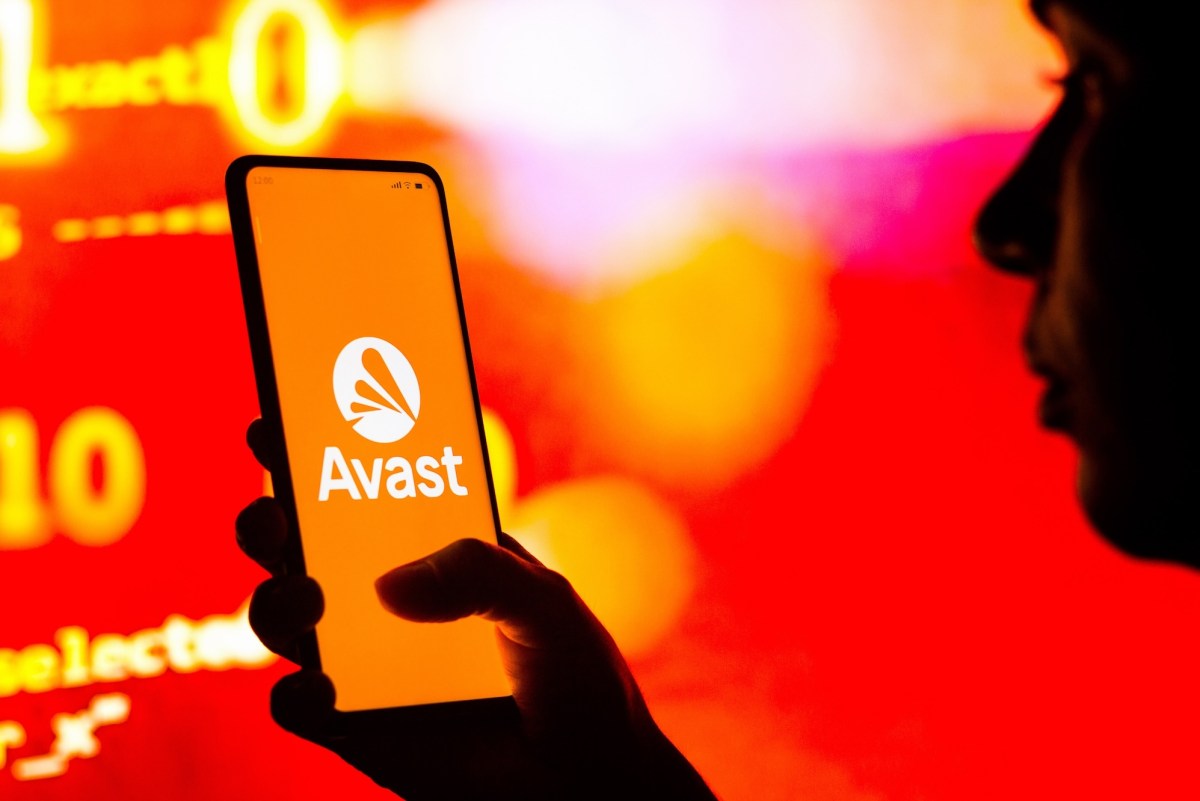The Federal Trade Commission (FTC) announced on Thursday that it will ban Avast, a popular antivirus software company, from selling users’ web browsing data to advertisers. This decision comes after Avast falsely claimed that its products would prevent online tracking.
In addition to the ban, Avast has agreed to settle the FTC’s charges by paying $16.5 million. The FTC stated that this settlement will provide redress for Avast’s users whose sensitive browsing data was improperly sold to advertisers and data brokers.
Samuel Levine, director of the FTC’s Bureau of Consumer Protection, expressed his disappointment with Avast’s actions by stating, “Avast promised users that its products would protect the privacy of their browsing data but delivered the opposite. Avast’s bait-and-switch surveillance tactics compromised consumers’ privacy and broke the law.” The statement can be found on the FTC’s website.
The FTC alleged that Avast collected customers’ online browsing habits, including web searches and visited websites, through its browser extensions. This data was then sold to over a hundred companies, generating tens of millions in revenue for Avast. The sensitive browsing data revealed consumers’ religious beliefs, health concerns, political leanings, location, and other personal information.
An investigation by Vice News and PCMag in 2020 uncovered that Avast’s subsidiary, Jumpshot, was selling highly sensitive web browsing data to tech giants like Google and Microsoft. This led to Avast shutting down Jumpshot shortly after the report was published.
While Avast has since merged with Norton LifeLock in a multi-billion-dollar deal and ceased the practices that led to the FTC’s charges, the company maintains that it disagrees with the government’s allegations and characterization of the facts. However, they are pleased to have resolved the matter.


